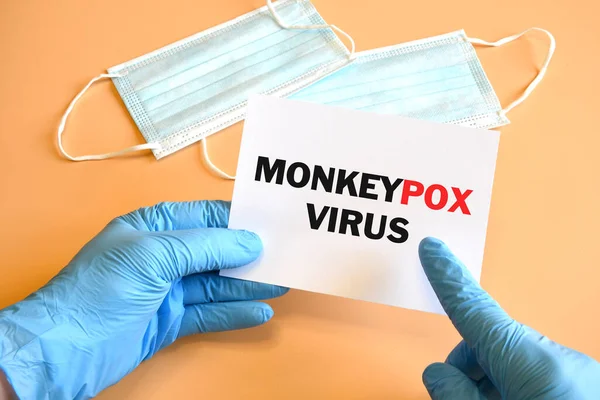About two weeks ago, the World Health Organisation (WHO) declared that Monkeypox was a global health emergency. This was after the virus was reported in over 70 countries, infecting thousands of people and even claiming some lives in the process. The declaration has forced people to treat news of the virus with more seriousness and seek ways to protect themselves from it.
In today’s article, we would be looking at ways you can protect yourself from the monkeypox virus. But before that, let us understand what the virus is and how it spreads.
What Is Monkeypox?
Monkeypox is a zoonotic virus, which means it was first transmitted from an animal to a human. The first case of monkeypox was recorded in Congo in the year 1970. The disease is caused by monkeypox virus, which is part of the Orthopoxvirus genus in the family Poxviridae.
Since then, cases have been reported around areas in Central and West Africa, including Sierra Leone, Gabon. Liberia, Nigeria (it is one of the common zoonotic diseases in Nigeria), South Sudan, and Ivory Coast. This is the first time there would be reports of the virus outside Africa, in Europe and North America, and is slowly getting to the level of a pandemic.
Vector
The common vectors that spread the monkeypox virus include monkeys, squirrels, rats and other rodents, and so on.
Transmission
Monkeypox can be contracted when one comes in contact with an infected animal. This includes touching such animals or not properly cooking them before eating. It can also be spread through human-to-human contact. Touching an exposed wound on the skin of someone with the virus or allowing their saliva or other droplet respiratory particles to touch your skin.
As at the time of writing this article, there are 28,220 reported cases of monkeypox from around the world. 27,875 of those cases are from countries outside of Africa, where monkeypox was formerly endemic to. It is also present in 88 countries, 81 of which are outside the African continent.
How To Protect Yourself From Monkeypox

With how widespread monkeypox cases are, and also because there is currently no vaccine for treating the virus, prevention has become very important and we would be looking at some ways you can keep yourself safe from the monkeypox virus.
Avoid Contact With Common Monkeypox Vectors
This is particularly important here in Nigeria and other African countries with a history of monkeypox. Keep rats and other rodents away from your homes. Avoid touching animals, especially animals that are sick or dead.
Avoid contact with someone who may have monkeypox
If you suspect that someone around you has monkeypox, then you should try as much as you can not to have any bodily contact with them. This means you should not kiss, hug, or cuddle someone that has the virus. You should also avoid sharing objects, such as utensils or razor blades, with someone who has the virus.
Wash your hands properly
The importance of washing your hands can not be overstated. Use a good soap or an alcohol-based sanitizer to wash your hand as soon as you get inside.Also wash your hands before and eating, and before you touch your face for any reasons at all.
Other ways to protect yourself from Monkeypox in Nigeria include:
- Avoiding contact with infected animals, especially sick or dead animals.
- Avoiding contact with bedding and other materials contaminated with the virus.
- Wash and cook all foods that contain animal meat or parts thoroughly.
If you suspect that you or anyone you know has monkeypox, visit the nearest hospital around you for all you need to know. Do not try to treat it by yourself at home using remedies from the internet. Only a qualified medical doctor can tell you what to do, after a formal diagnosis.
ALSO READ:
- 5 Common Eye Diseases in Nigeria
- 5 Common Vector-Borne Diseases In Nigeria
- 5 Common Diseases in Nigeria and How to Prevent Them
- 5 Common Deficiency Diseases in Nigeria
- 5 Common Paediatric Emergencies in Nigeria
- Nigerian Child Vaccination Schedule 2022
- 5 Vaccine-Preventable Diseases In Nigeria
- List of Notifiable Diseases in Nigeria



